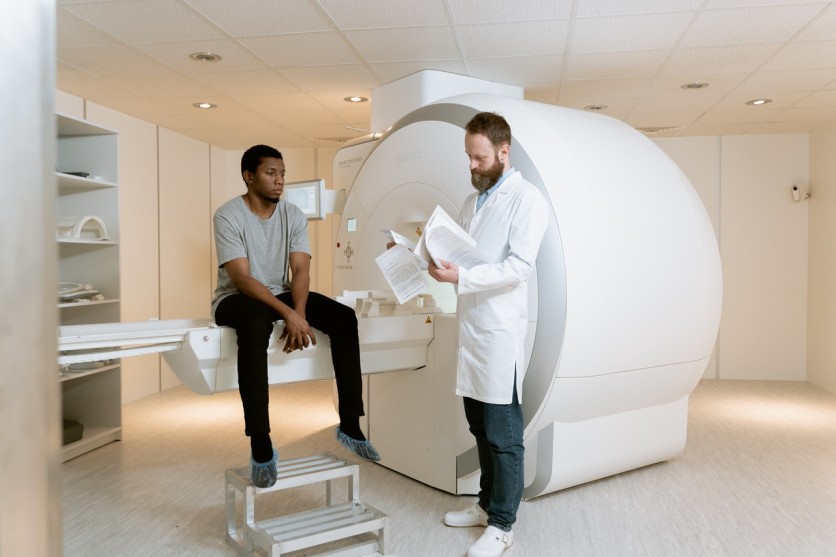Prostate cancer screening can be improved by using a combination of Magnetic Resonance Imaging (MRI) and a novel blood test, according to a new study.
The scientists who published the new study on prostate cancer screening are also the same scientists who found that MRI can reduce overdiagnosing when screening for prostate cancer.
Prostate Cancer Screening New Study
Prostate cancer screening can be improved by using a combination of MRI and a novel blood test called Stockholm3 test, according to researchers from the Kolinska Institute in Sweden.
The new study, which is titled "Prostate cancer screening using a combination of risk-prediction, MRI, and targeted prostate biopsies (STHLM3-MRI): a prospective, population-based, randomised, open-label, non-inferiority trial," has been published in The Lancet Oncology journal.
The scientists pointed out that the usual prostate cancer screening uses prostate-specific antigen (PSA). While it can reduce prostate cancer mortality, the method may have adverse outcomes associated with prostate cancer screening.
"We aimed to compare a traditional screening approach with a diagnostic strategy of blood-based risk prediction combined with MRI-targeted biopsies," the researchers of the study said.
According to Genetic Engineering & Biotechnology News, the study shows that the combination of the Stockholm3 test and MRI can decrease overdetection during prostate cancer screening while still being able to detect what is considered as clinically significant cancer.
Related Article: Quick MRI Scan Can Detect Prostate Cancer in 15 minutes, May Save Thousands of Lives
What is Prostate Cancer?
Prostate cancer is considered as one of the most common types of cancer that exists. As its name suggests, prostate cancer is a cancer that occurs in the prostate, which Mayo Clinic defines as "a small walnut-shaped gland in males that produces the seminal fluid that nourishes and transports sperm."
It is not yet known what causes prostate cancer.
According to Mayo Clinic, symptoms of prostate cancer include blood in the urine and semen, difficulty in urinating, erectile dysfunction, and bone pain, among others. Should a person be experiencing these symptoms, a doctor may recommend that he undergo prostate cancer screening.
Risk reduction for prostate cancer include having a healthy diet full of fruits and vegetables, exercising most days of the week, maintaining a healthy weight, and consulting your doctor about your risk of having prostate cancer.
What is an MRI?

Prostate cancer screening counts the MRI as an important part of cancer detection. But what exactly is an MRI?
MRI, otherwise known as Magnetic Resonance Imaging, is a type of scan that can produce detailed images of what is inside the human body. In order to do so, MRI makes use of strong magnetic fields as well as radio waves.
The MRI scanner is a machine shaped like a large tube. For a scan to be conducted, the patient must lie inside the tube so that the detailed images of organs and tissues can be made by a computer. It does not use ionizing radiation that can be considered harmful.
It is also a painless and non-invasive procedure.
Also Read: How Do You Spot Prostate Cancer Early On?
This article is owned by Tech Times
Written by Isabella James
ⓒ 2026 TECHTIMES.com All rights reserved. Do not reproduce without permission.




